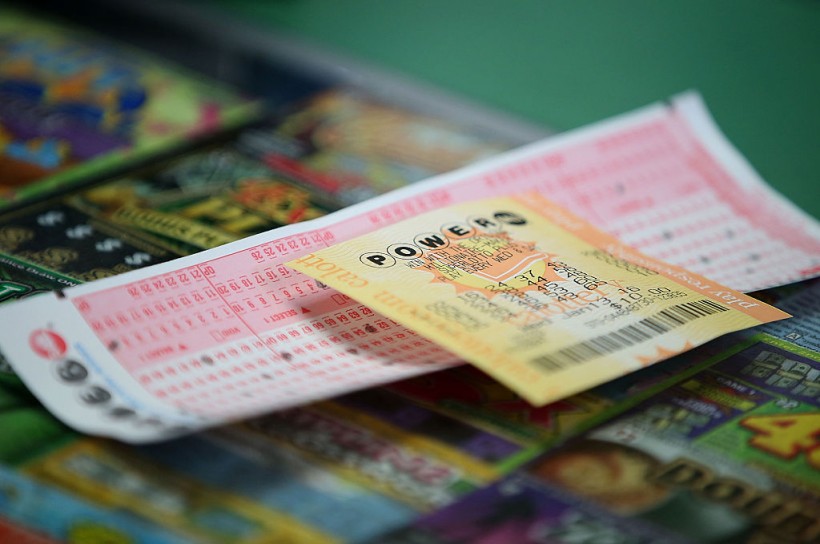$1.9 Billion Powerball Jackpot: How Much Money Will You Get if You Win, and How Much Taxes Will You Pay?

After a record was set with a jackpot prize worth $1.6 billion, nobody still won the Powerball prize after the November 5 drawing. There have already been 40 drawings in a row with no grand prize winner.
The next Powerball draw is happening Monday night at 10:59 pm ET, and the prize has gone up to a record $1.9 billion. The advertised cash value is worth $929.1 million.
The newly-set prize also sets the Guinness World Record for the largest U.S. lottery jackpot history. It beats the previous Powerball jackpot record of $1.586 billion, which was won by three different ticket holders in 2016.
It also beats out the largest Mega Millions lottery jackpot worth $1.537 billion, which was won by just one winner in 2018.
According to the official Powerball website, Saturday's draw did make 17 new millionaires, who all matched the five balls in the drawing. A ticket sold in Kentucky won $2 million by having the Power Play, while 16 tickets won $1 million. However, nobody took home the $1.60 billion.
The winning numbers were 28, 45, 53, 56, 69, and the Powerball was 20. Each ticket costs $2 and is available across 45 states, the District of Columbia, Puerto Rico, and the U.S. Virgin Islands. The odds of winning are around one in 292.2 million.
READ NEXT: $1.5 Billion Powerball Jackpot: When Is the Next Draw and Where to Watch it Live?
The Powerball and Taxes
If somebody does win that big $1.9 billion prize, the winner will have to pay some pretty hefty federal taxes. Depending on the state he or she lives in, there might also be some additional state taxes to the federal tax.
According to Kiplinger, Powerball winnings can vary due to local taxes. The total payout depends on where you live. All winnings over $5,000 in the United States are subject to a tax withholding of 24%.
But if you won millions, you will be in the highest tax bracket and certainly would owe 37% in federal taxes for 2022. Lottery winnings are also taxed in most states. It is usually at a rate between 2.9% and 8.82%.
The winnings would be reported on the Powerball jackpot winner's 2022 federal income tax return. This year, the top federal income tax bracket applies to single filers who have earned over $539,900 in income and more than $647,850 for joint filers.
CNBC reported that New York, Maryland, Washington D.C., and Oregon have the highest state tax in all states with a lottery, while California, Florida, New Hampshire, South Dakota, Tennessee, Texas, Washington, and Wyoming granted winners with the highest payouts as they do not tax winnings.
Meanwhile, Utah, Nevada, Alabama, Hawaii, and Alaska do not participate in the national lottery.
Lump Sum or Annuity? A Powerball Winner's Dilemma
Powerball winners have a big decision to make when they win. That is choosing whether they receive the cash value worth $929.1 million in a single lump sum payment or receive it in annuity payments.
The lump sum option is pretty simple, as the winner gets the cash value in a single payment. However, if the winner takes an annuity, he or she will get 30 incremental payments over the period of 29 years.
So far, the more popular option is the lump sum. It has been around eight years since a winner has chosen the annuity option.
This article is owned by Latin Post.
Written by: Rick Martin
WATCH: Powerball Jackpot up to Record $1.9 Billion After No Winner - From ABC7
Subscribe to Latin Post!
Sign up for our free newsletter for the Latest coverage!














